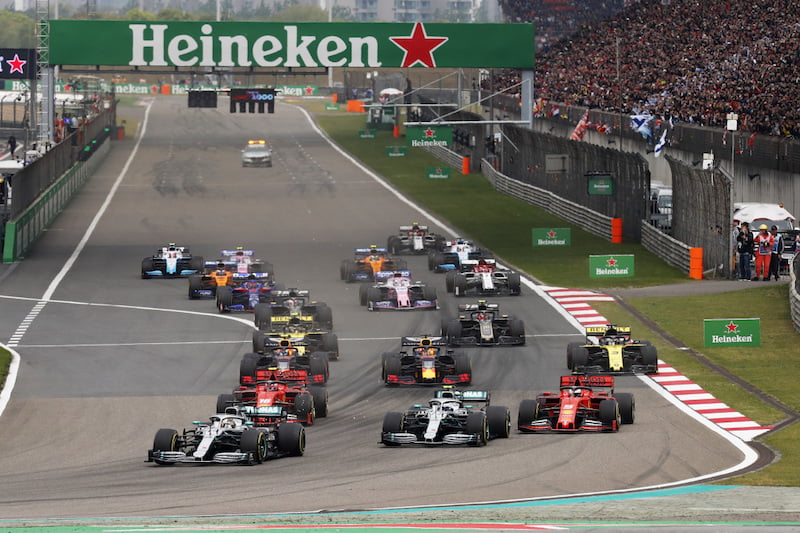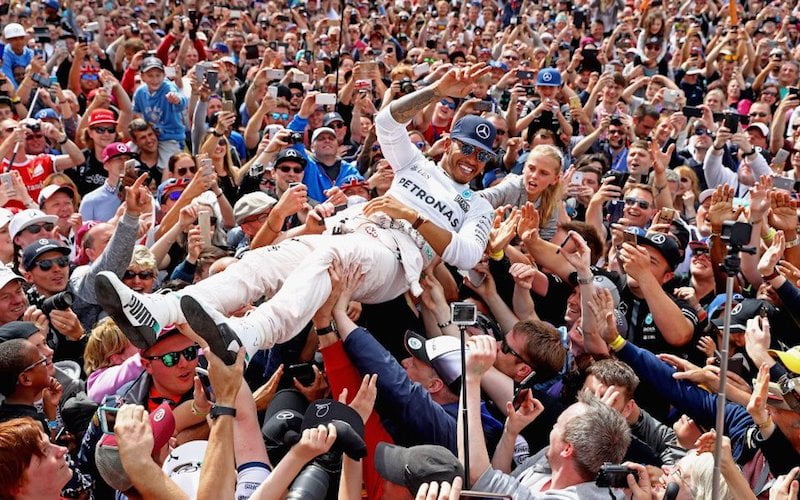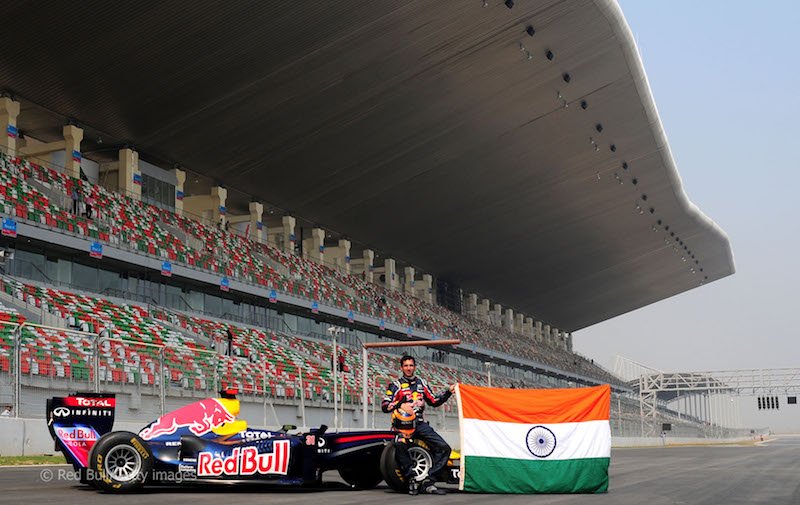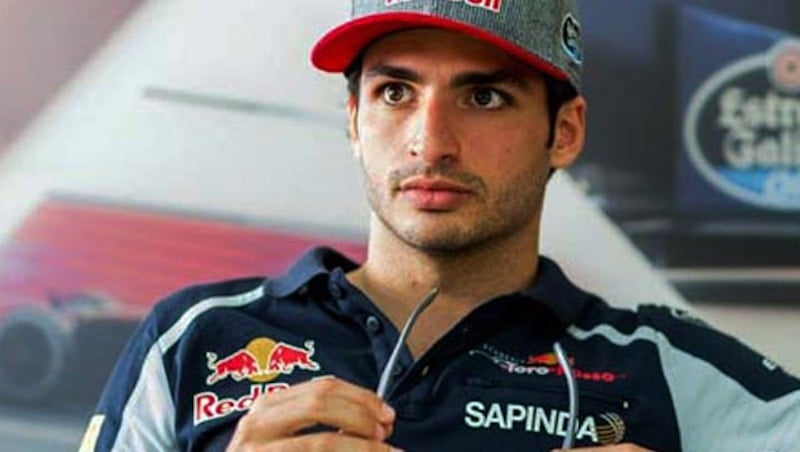Is the end of Formula 1 near?
This was the question that fans, pundits and critics asked after the 2019 French Yawn Prix – an absolute snore fest. In my view, the end is far from near, but we are in a state of transition that is almost unbearable. For the future of the sport, existing fans are taking one too many hits fortnight after fortnight while the new fans are waiting for Netflix-style competitiveness and drama to show up in 2019. If you are a newly converted fan thanks to the Netflix-F1 show, I am sorry that Formula 1 has disappointed you. The current product of Formula 1 doesn’t live up to the one that was marketed oh-so-well by the Netflix-F1 show.
Back to 2019 and Mercedes’ dominance, for those blaming the German team and Lewis Hamilton for ruining Formula 1 are completely out of their depth. Or maybe, they’re fans who don’t know better? If anything, Mercedes-Hamilton need to be applauded for bringing their A-game to Formula 1 since 2014. Yes, Valtteri Bottas too, but somehow this era will be remember for Lewis Hamilton’s record breaking drives, and also for being beaten by Nico Rosberg to the title in 2016. Does Nico Rosberg feel as though he has missed out on a once-in-a-lifetime opportunity to own some of the sport’s records? Or maybe he is just content at being labelled as the only team-mate who beat Hamilton to a Formula 1 title.
Who Is To Blame?
The current predicament of Formula 1 has been long coming. The unequal treatment of teams when it came to techno-commercial negotiations by the powers that ran and governed the sport is one of the biggest reasons to blame. It will take some research for one to come up with the example of another sport series in which competitors have the right to veto / vote the rules and regulations. But can Liberty Media really manage the situation come 2021? Or is the sport over-selling its 2021 agenda?
For starters, the announcement of the regulations is delayed till October 2019, so that the bigger teams don’t get an advantage over the others in terms of running dual programs – one focussing on 2020 and the other on 2021. Additionally, the fan-approved futuristic car designs might not be a part of the new regulations while the expensive and not-so-loud engines will continue to be so. Furthermore, the $175 million budget cap seems excessive – especially for a grid where nearly 60% of the current teams spend less than that amount! The bigger change that everyone is waiting to hear about is Formula 1’s attempts to make competition payments to team more equal. Formula 1 is a big ship and it might take longer to correct its course, but if the management feels that the sport is too big to fail, they could be mistaken.
The irony here is that there are relatively younger and smaller series that are pushing the bar when it comes to technological advancement while also entertaining Motorsport fans. MotoGP has long been getting its formula right, while Formula E is the new kid on the block – both operating in a far more cost controlled manner than Formula 1. Come 2025, Formula 1 cars may be regulated to deliver at least 50% of its power via electric energy. How soon before Formula 1 becomes Formula E or vice-versa?
This post was penned for the Paddock Magazine














